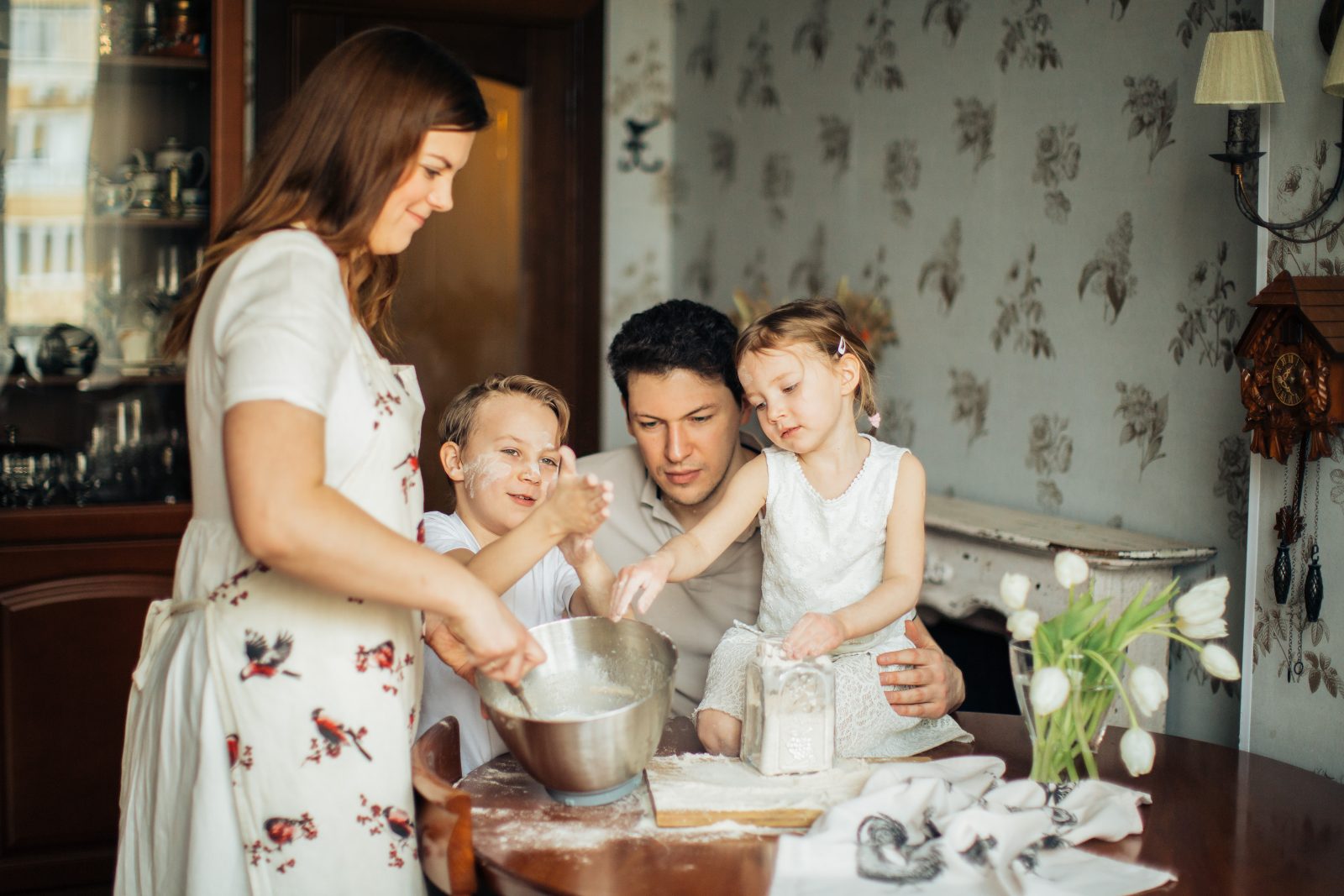As parents, we all want to raise our children in the best way possible. We love them unconditionally, and our words and actions reflect that love. However, there are times when we say things to our children that can have a damaging effect on their emotional well-being. These comments may seem harmless, but they can leave a lasting impact on our children. In this article, we’ll examine four harmful comments that parents may inadvertently make and provide insights on how we can prevent ourselves from making them..
“You’re not good enough.”
One of the most damaging things parents can say to their children is that they are not good enough. This can take many forms, such as telling them that their grades are not good enough, that they are not as talented as their siblings, or that they are not living up to our expectations. Children who hear these messages may internalise them and develop low self-esteem, feelings of inadequacy, and a lack of self-confidence.
Instead of focusing on what our children are not good at, we should encourage them to develop their strengths and celebrate their achievements. We should recognize their efforts and offer constructive feedback that helps them improve. By doing so, we can help our children build resilience and self-esteem, which are essential for their success in life.
“Stop crying.”
Another damaging thing parents say is “stop crying” or “don’t be a crybaby.” We may say this to our children because we are uncomfortable with their emotions or because we want them to toughen up. However, telling our children to stop crying can make them feel like their feelings are not valid, and they may learn to suppress their emotions, which can have long-term consequences.
Instead of dismissing our children’s feelings, we should validate them and offer support. We should let them know that it is okay to cry and that we are here to listen and help them through their emotions. By doing so, we can teach our children emotional regulation and empathy, which are essential skills for their social and emotional development.
“I’m disappointed in you.”
Parents may say, “I’m disappointed in you” to their children when they feel let down or frustrated. While this statement may be intended to motivate our children to do better, it can have the opposite effect. Children who hear this message may feel like they have failed, and they may develop a fear of failure, which can hinder their growth and development.
Instead of expressing disappointment, we should offer encouragement and support. We should acknowledge our children’s efforts and celebrate their successes, no matter how small they may seem. We should also help them learn from their mistakes and offer guidance that helps them improve. By doing so, we can help our children develop a growth mindset, which is essential for their academic and personal success.
“Why can’t you be more like (insert name here)?”
Comparing our children to others is another damaging thing parents say. We may compare our children to their siblings, their peers, or even ourselves. However, doing so can make our children feel like they are not good enough, and they may develop resentment and a sense of competition that can damage their relationships with others.
Instead of comparing our children, we should focus on their unique qualities and strengths. We should celebrate their individuality and help them develop their own identity. We should also teach them to appreciate the differences in others and to embrace diversity. By doing so, we can help our children develop a sense of belonging and acceptance, which is essential for their social and emotional well-being.
Our words can have a lasting impact on their emotional well-being, and it is our responsibility to ensure that our words are uplifting and encouraging. Which is why it is important for us to be mindful of the impact our words have on our children and strive to create a positive and nurturing environment for them to grow and thrive. And let us not hesitate to seek out the guidance and support of the early learning centre Beverly Hills to help us along the way. Together, we can raise healthy, happy, and resilient children who will go on to make a positive impact in the world.







Leave a Reply